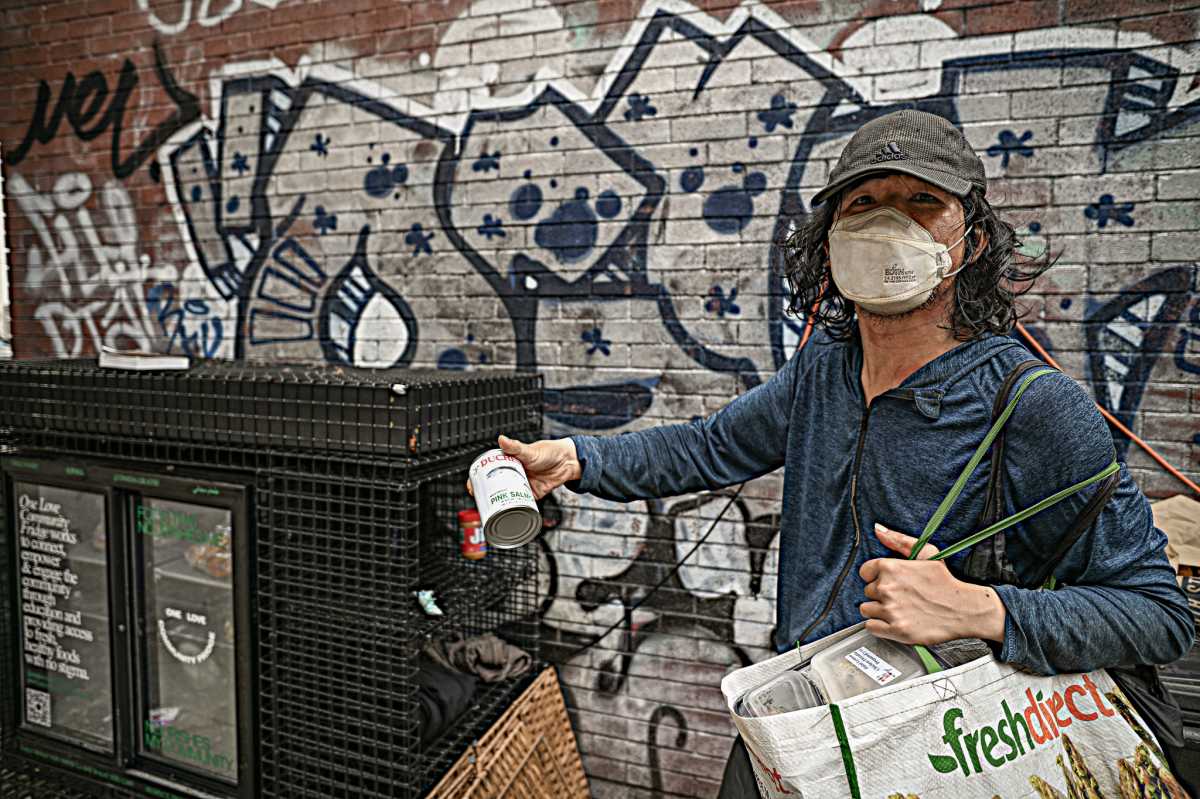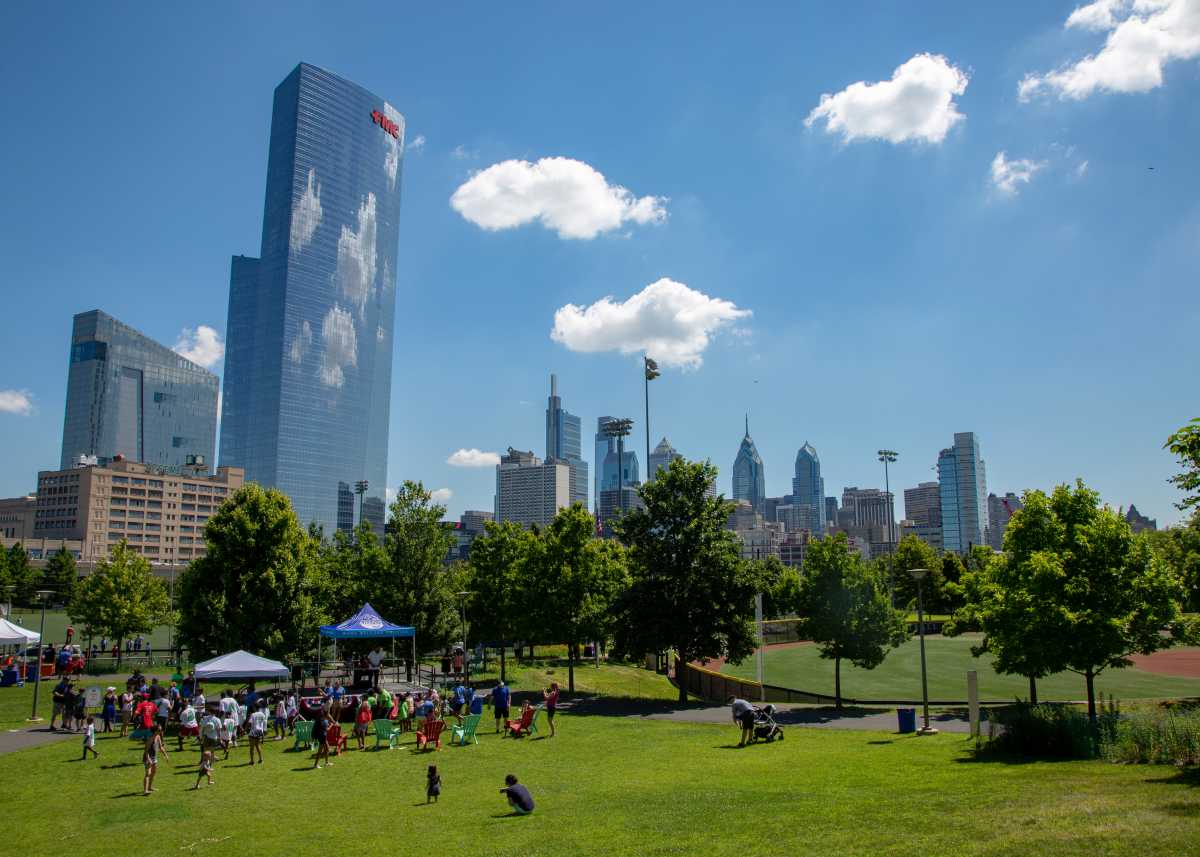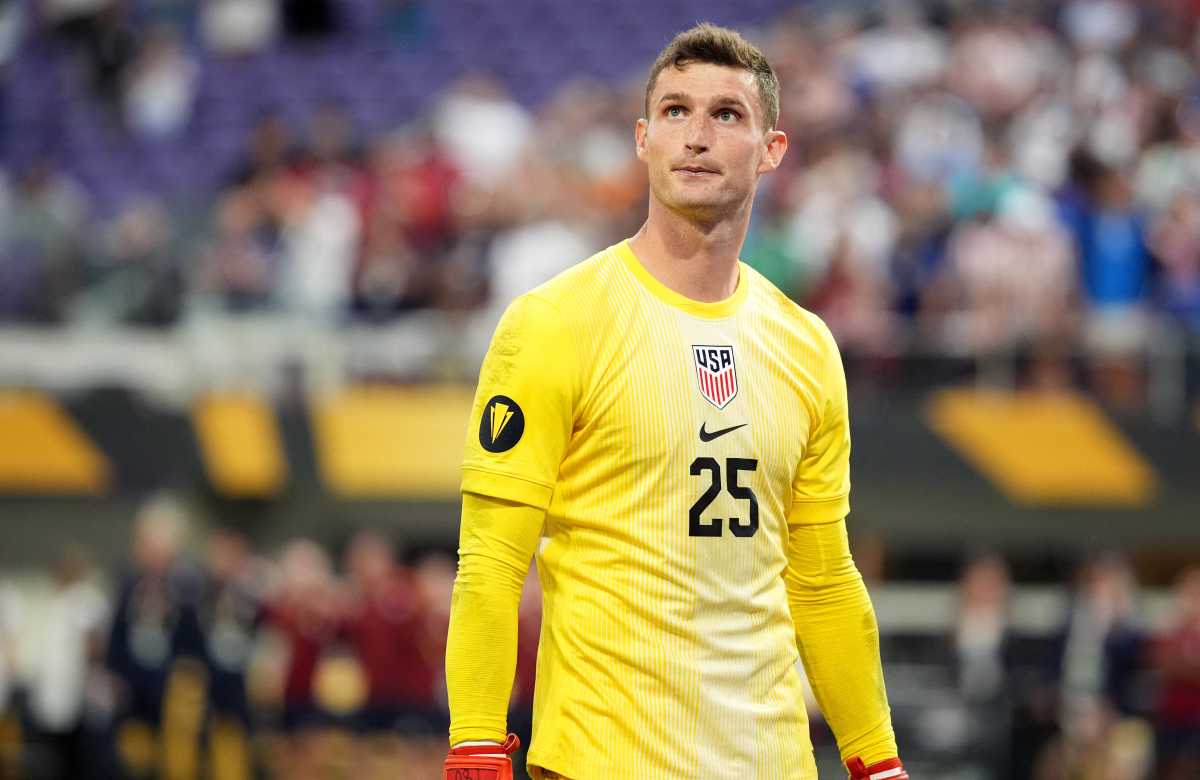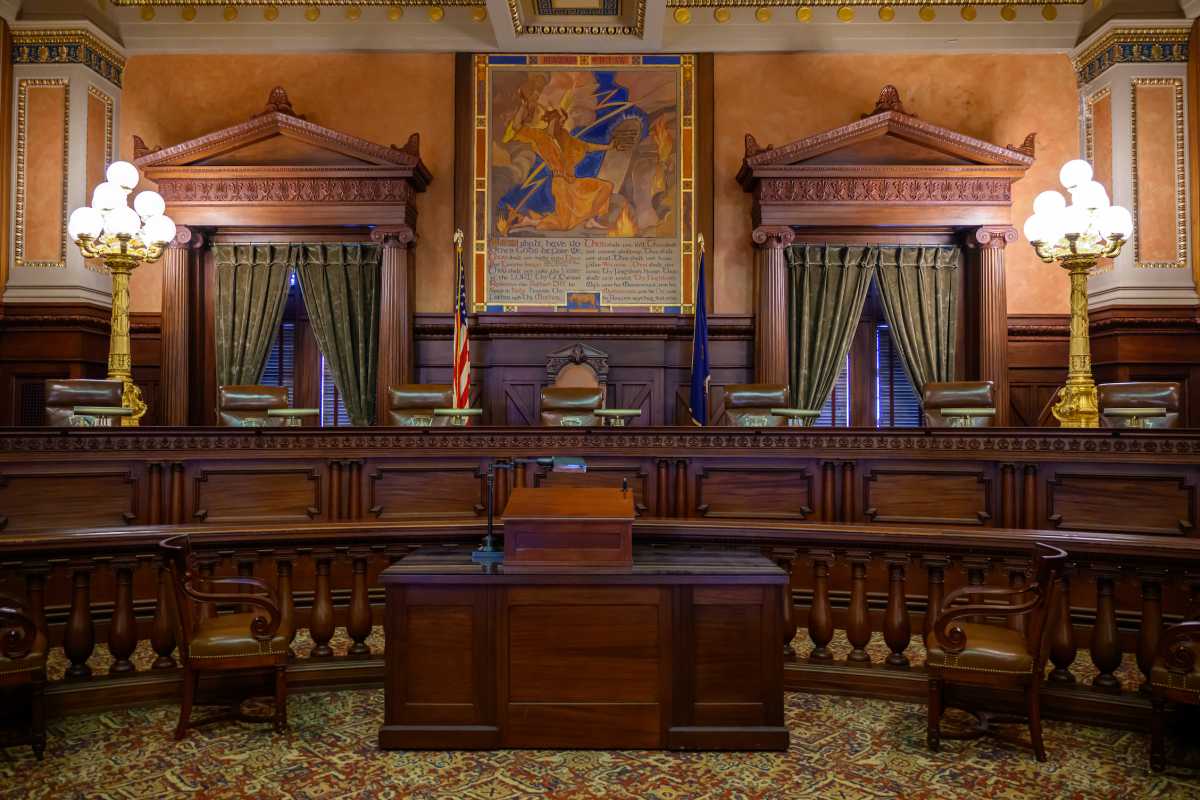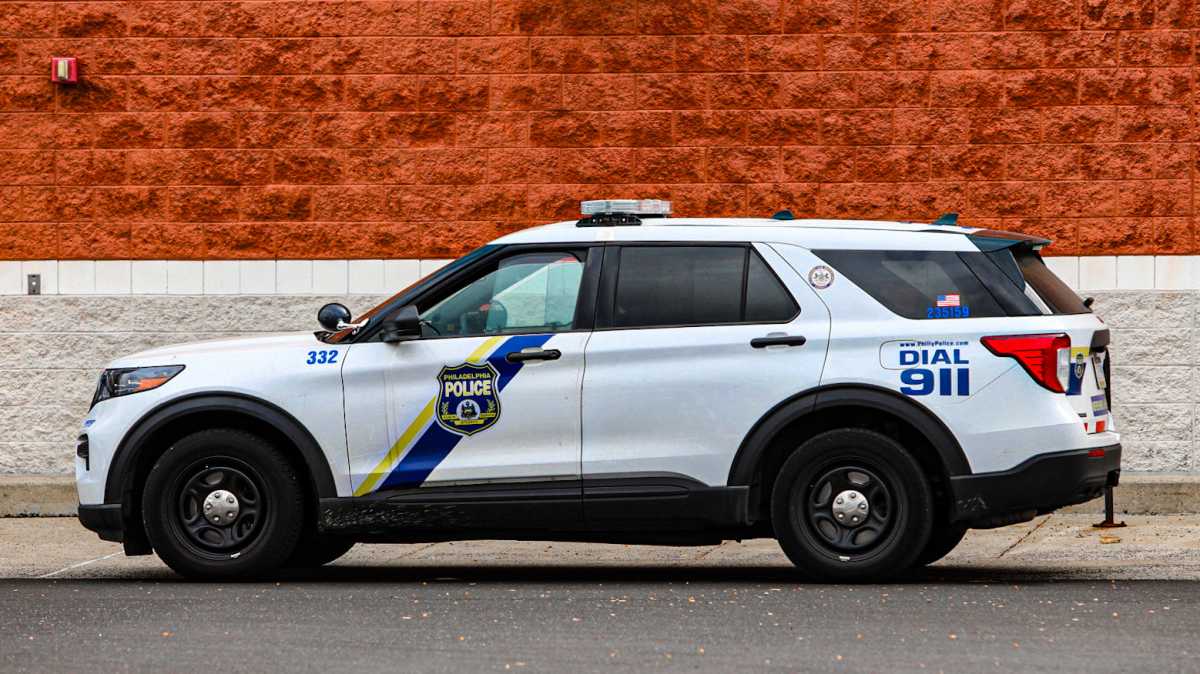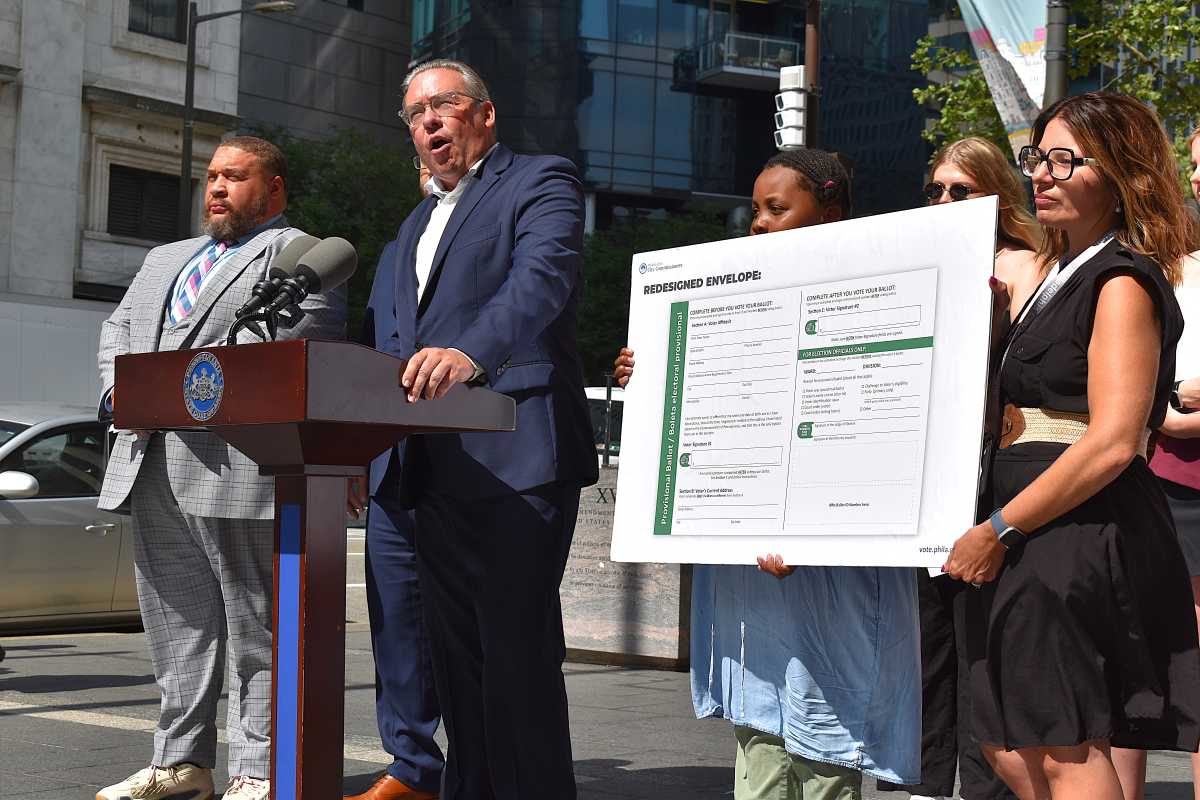(Reuters) – Here’s what you need to know about the coronavirus right now:
Germany’s coronavirus situation is ‘dramatic’, Merkel says
Germany’s coronavirus situation is dramatic, Chancellor Angela Merkel said on Wednesday, calling for a push to distribute booster shots faster and appealing to those sceptical of vaccination to change their minds.
Germany reported 52,826 new infections on Wednesday – a jump of a third compared with a week ago and another daily record, and 294 people died, bringing the total to 98,274, as the pandemic’s fourth wave tightened its grip on Europe.
“It is not too late to opt for a first vaccine shot,” Merkel told a congress of German city mayors. “Everyone who gets vaccinated protects himself and others. And if enough people get vaccinated that is the way out of the pandemic.”
Austrian COVID-19 cases hit record on third day of lockdown for unvaccinated
Austrian coronavirus infections hit a new daily record on Wednesday, the third day of a lockdown that is for those not fully vaccinated and is aimed at halting the surge.
Roughly 65% of Austria’s population is fully vaccinated against the virus, one of the lowest rates in western Europe. Austria also has one of the highest infection rates in the region, with a seven-day incidence https://covid19-dashboard.ages.at of 925 per 100,000 people.
Soaring infections across Europe as winter approaches are prompting governments to consider reintroducing unpopular lockdowns. In contrast to the Netherlands, which has ordered a partial lockdown that applies to all, Austria has sought to avoid placing extra restrictions on the fully vaccinated.
South Korea to cut vaccine booster interval for elderly to fight rise in cases
South Korea plans to cut to four months from six the gap for coronavirus booster doses given to senior citizens as it looks to dampen a spike in serious cases, authorities said on Wednesday.
After managing to keep infections relatively low with aggressive testing and tracing, authorities are now grappling with a surge in critical cases since an easing of distancing rules this month under a “living with COVID-19 https://www.reuters.com/world/asia-pacific/skorea-eases-curbs-imposes-vaccine-passports-living-with-covid-19-campaign-2021-11-01” scheme.
More than 90% of South Korean adults have been vaccinated, but breakthrough infections have been growing among elderly people, straining the medical system.
U.S. secures GSK-Vir COVID-19 antibody therapy doses worth $1 bln
The United States has signed contracts worth about $1 billion for doses of the antibody-based COVID-19 treatment from Britain’s GSK and U.S.-based Vir Biotechnology, as countries seek to secure promising options beyond vaccines.
The drugmakers said on Wednesday the U.S. orders bring the total number of doses to be supplied to more than 750,000 globally, without specifying how many doses of the treatment, sotrovimab, the U.S. government had signed up for.
However, other public deals for the drug include 10,000 doses for Canada https://www.reuters.com/business/healthcare-pharmaceuticals/gsk-supply-10000-doses-covid-19-drug-canada-2021-10-04 and up to 220,000 doses for the European Union https://www.reuters.com/business/healthcare-pharmaceuticals/eu-signs-deal-with-gsk-supply-potential-covid-drug-2021-07-28. Values of those orders have not been disclosed.
New Zealand to ease Auckland domestic border curbs from Dec. 15
Domestic borders of New Zealand’s largest city Auckland will reopen from Dec. 15 for fully vaccinated people and those with negative COVID-19 test results, Prime Minister Jacinda Ardern said on Wednesday.
Auckland was cut off from the rest of the country after the outbreak of the Delta variant of COVID-19 in August.
(Compiled by Alex Richardson, Editing by Timothy Heritage)


